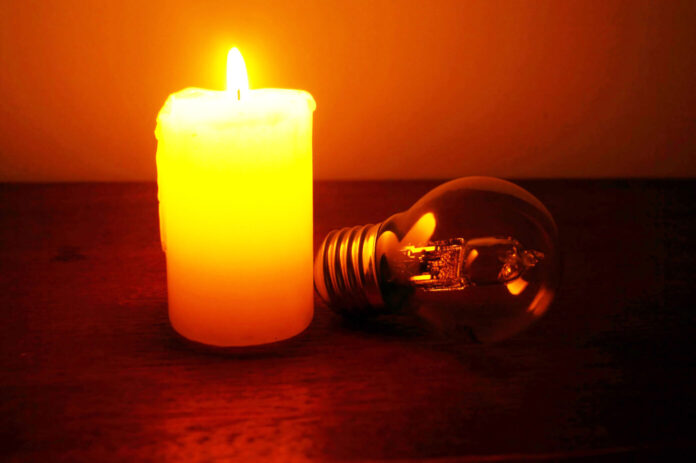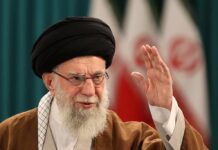Karachi, June 3: Angry over excessive load shedding amidst an unbearable heat wave in Pakistan, the city of Karachi witnessed massive protests as scores took to the streets to vent their ire against the K-Electric Corporation, the company responsible for sending power to Karachi and its nearby adjoining areas.
A large number of members of the Mohajir Qaumi Movement Pakistan (MQM-P) party along with its leader Afaq Ahmed and businessman Sharjeel Goplani joined the protest at the Numaish roundabout against K-Electric. The MQM-P members spoke of the importance of electricity in sustaining business, and how the masses were being deprived of power for the convenience of a few businessmen.
Goplani further stressed that traders and industrialists are given importance everywhere in the world, and a lack of power means downfall in the country’s industrial sector. He revealed that a case was registered against him for speaking out against K-Electric’s inefficiencies.
The company started out as a government subsidy before getting privatised. Since its privatisation, there have been numerous complaints against KPEC for its poor power distribution. According to traders, K-Electric’s distribution system has proven inadequate, as it is unable to handle the electricity demand, which peaks at 3,700 megawatts while the system can only provide 2,200 megawatts.
Due to excessive amounts of load shedding in Karachi amid the economic crisis and lack of energy, K-Electric has also seen a decline in bill payments with the power distribution company unable to provide electricity to large areas of the city.
Back in April alone, K-Electronic lost a record PKR 39.4 billion in the first nine months of the fiscal year 2022-23, as opposed to the losses of PKR 1.49 billion in the first nine months of 2021-22. The economic crisis also resulted in less consumption of K-Electric units as 5.8 percent fewer units were consumed in the current fiscal year as compared to the last fiscal year.








